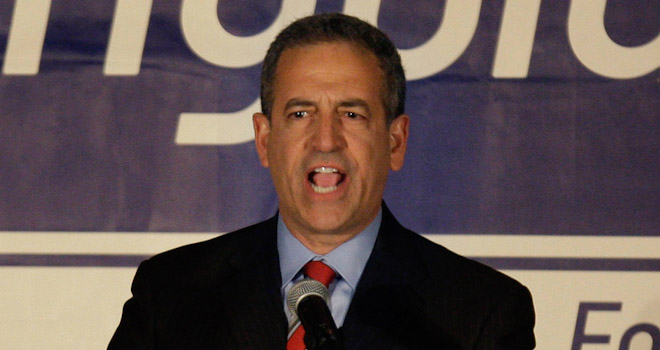In an essay published online by the Stanford Law Review, former Sen. Russ Feingold (D-WI) offers his critique of the post-Citizens United era of campaign financing.
The former lawmaker and progressive icon points to the time between 2004 to 2008 — immediately after the passage of the Bipartisan Campaign Reform Act, a.k.a. the McCain-Feingold bill — as a time when “our system of campaign financing began to take shape in a way that channeled citizen participation and provided incentive for candidates to turn to the democratic support of online activists and small-dollar contributors.” The Supreme Court’s 2010 Citizens United decision, Feingold writes, “changed everything.”
The decision created a “framework for corruption parallel to ‘soft money,'” Feingold argues, and led to the rise of super PACs. There’s another cost, in his view:
The Citizens United decision also has had an effect on the perceived legitimacy of our elections–increasing skepticism about the campaign finance system. When the public sees the Supreme Court overturn 100 years of settled law, a cynicism sets in. And when the groups created by Citizens United dominate our elections with hundreds of millions of dollars of unregulated money, many may begin to believe that the average participant’s small contribution is irrelevant, and that the average person’s vote is grossly outweighed by the gigantic contributions now allowed.
In his conclusion, Feingold calls on Congress to pass stronger disclosure legislation, “fix” presidential public financing, and gives teeth to the FEC. And he urges the Supreme Court to act, by responding to “new challenge from Montana, based on that state’s historic anti-corruption laws, could allow the Supreme Court to reconsider its decision in Citizens United.”
Read the whole thing here.










